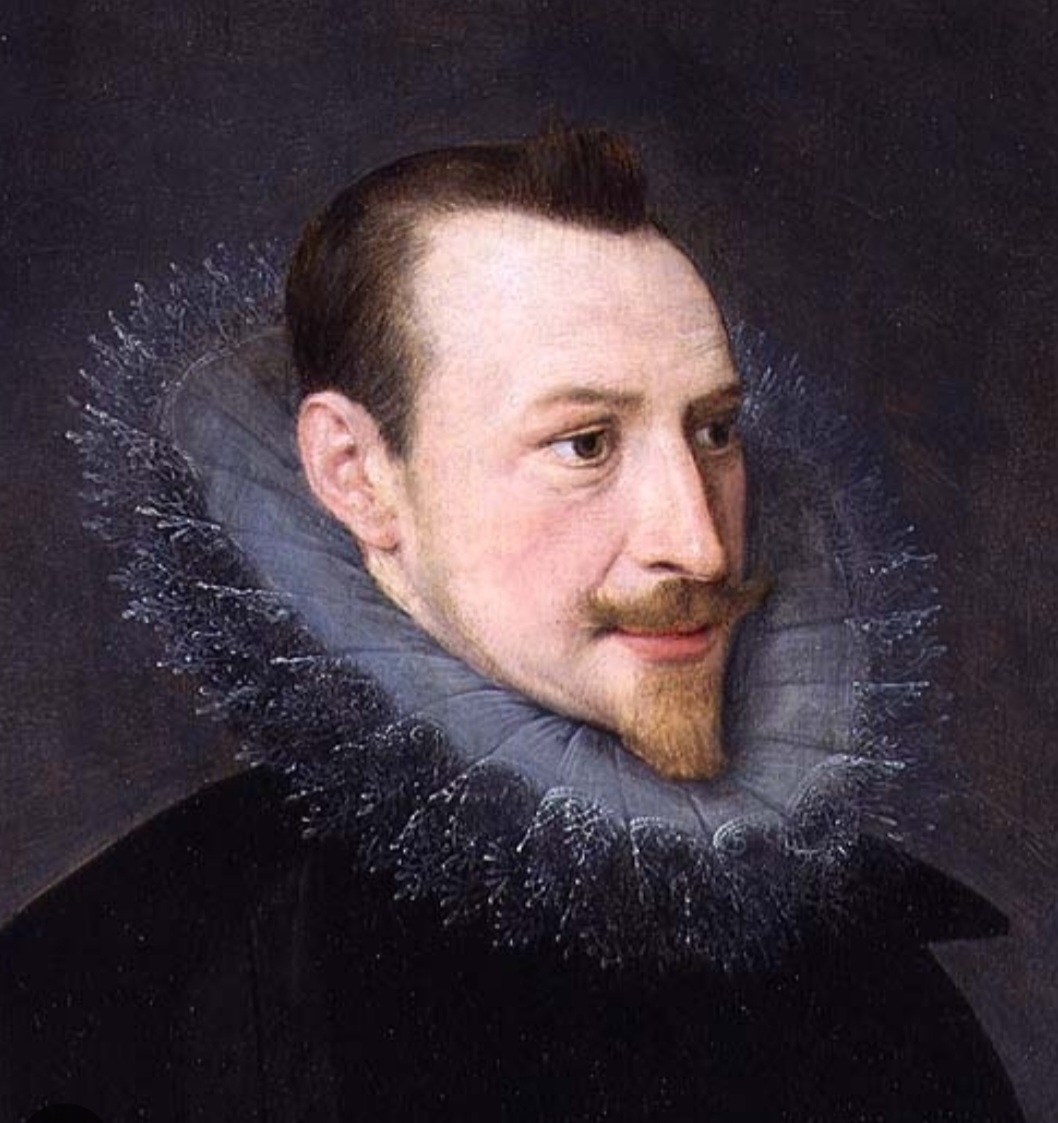This blog is response of my thinking activity. In this blog I'm going to discuss about the Unit 1: History of English Literature: Chaucer to Shakespeare.
The Elizabethan era is so named for taking place during the reign of Queen Elizabeth I, which lasted from 1558 to 1603. Under her rule, the English Renaissance reached its peak, and it is often heralded as the greatest age of English literature.
1, Write comparative analysis of Chaucer, Spencer and Shakespeare as Poets
1. Geoffrey Chaucer
Geoffrey Chaucer was born sometime between 1340 and 1345 in London in the age of Edward Third. The date is not certain. The family in which he was born happened to be quite close to the court of King and was familiar with the ways and manners of the country's upper stratum. Early in his caree was taken into the service of the king as his valet, a high office in the royal palace at the time. In th might have been helped by the mother's family that enjoyed a superior position to the one his father came from In his late twenties, in 1370, he took part in diplomatic negotiations with the French and Italian kings. When he came back in 1374 from such important missions as a representative of the English royalty, he was appointed Controller of Customs and Subsidy of Wools, Skins, and Hides at the port of London Another feather in his cap, among the many in his long and illustrious career, was the title of "Knight of the Shire of Kent" that he received in 1386. In the period following this, specifically in the last decade of the fourteenth century, he fell from favour of the high circle and saw difficult days and died in 1400.
The pleasure principle was rooted in games and the arts-singing groups. poetry recitations and story-telling were means of enjoyment The life of the court in its totality resembled long series of celebrations and fanfare. The question is, how much of it would the young Chaucer have imbibed for his likely career as a poet.
Indeed, these are the staple for poet Chaucer from the point of view of The Canterbury Tales Even knights and ladies would have passed into the imagination of the poet who would constantly think of bringing them in, if the structure of The Tale permitted it. However, Chaucer was in the middle of a historical phenomenon that had a specific dynamic. The age could not hold the courtly life per se as a constant, since it required a system of production and distribution of necessities as well as wealth. Chaucer's age could not survive without the peasant, the ploughman, the owner of farmlands, merchant, tradesman, and a host of petty official of the state in addition to the officialdom associated with religion. The court may appear oblivious of this important group of people looking after the physical and spiritual interests of society, but these could not be wished away in reality. We are constantly reminded of this fact as we read Chaucer's works. The knowledge enabled the Father of Modern English Poetry to capture the surrounding scene in its representative essence and set a high benchmark for artistic-literary engagement.
2.Edmund Spenser:
Edmund Spenser was born in 1554, or a little earlier in London. Little is known about him except that he was related to the noble family of Spencer but his immediate family was poor. Unlike Philip Sidney who was heir to earldoms of Leicester and Warwick, Spenser earned the title of a gentleman purely on his educational merit. He attended the Merchant Taylor's school as a poor student and in 1569 joined Pembroke College, Cambridge University for his Bachelor of Arts. At Cambridge, too, he was given admission as a "szar" or poor scholar student who had to perform menial duties. He received the degree in 1573 and proceeded to do Master of Arts completing it in 1576 Spenser carried no pretensions of being a gentleman even as he nurtured the ambition of becoming the poet laureate. On its side, Tudor- England was marked by social mobility where men of ordinary birth and background dreamt of moving up the social ladder based on their education and literary skills. Spenser, too, hoped to acquire a respectable position in the court of England. During his years in Cambridge, Spenser gained vast knowledge of the classical Greek and Latin literature required for his poetic mission along with the English tradition of writing He was familiar with the French and the Italian literatures as well. This combination of the various streams of knowledge enabled Spenser to forge new compositions of verse that carried his unique style This aspect of Spenser's poetic art would be discussed in detail in the following unit.
Spenser celebrates his love for Elizabeth Boyle in Amoretti and his marriage to her in Epithalamion; the two were published together in 1595. This was his second marriage Spenser had been married earlier to one Machabyas Chylde in 1579 He came to England again in 1596 and during this period published the last three books of The Faerie Queene. In 1598, his fortunes reversed as Irish rebels attacked and took in possession his castle of Kilcolman. This happened at a time when Spenser had of late been designated Sheriff of Cork. He came back to England and died in 1599 A contemporary historian Camden tells us that Spenser was buried in Westminster Abbey near Chaucer's grave and his funereal was attended by many poets who threw poems in his tomb. This certainly was a tribute to the poet stature in English literature of the time.
3. William Shakespeare:
William Shakespeare was an English playwright, poet and actor. He is widely regarded as the greatest writer in the English language and the world's pre-eminent dramatist. He is often called England's national poet and the "Bard of Avon" (or simply "the Bard"). In1593 and 1594, when the theatres were closed because of plague, Shakespeare published two narrative poems on sexual themes, Venus and Adonis and The Rape of Lucrece.
Comparison of three poet's:
Chaucer’s version of the poem is full of thought and is a serious attempt at portraying events realistically, while Shakespeare based his version on intuition. Chaucer’s realistic portrayal of events was based on evidence presented in earlier lines of the poem. He observed nature and human thoughts, presenting clearly defined characters in his work. In contrast to Chaucer’s style, Shakespeare’s version of the poem is action filled and truly a piece meant for entertaining audiences. Shakespeare adds the elements of drama and action, hoping to captivate audiences with events that are straying from what the reader or viewer believes to be totally possible or likely to occur.
Everything in Chaucer’s writing has a flat reality. Details are used in conjunction with evidence of their existence. In Shakespeare’s version, the most common matter-of-fact details have a romantic grace about them; seeming to float with the breath of imagination to a freer element. While the depth of feeling and observation shown by Chaucer is unsurpassed, he left room for the readers’ resources of invention to interpret events with the same radiant light that Shakespeare has done. However fine or profound the thought may be, the reader knows the projected outcome of Chaucer’s work whereas reading Shakespeare is “like the eye of vassalage encountering majesty." Chaucer's mind is a forward path rather than being all over the place. He comes to the truth by a consistent beat, allowing the reader to soak in the plot line easier. Chaucer’s format of the poem results in the separation of characters, thoughts, and events. “There is something hard and dry in them”. In contrast, Shakespeare views everything through a lens of intuition by working on a particular subject and working around it.
While Shakespeare and Spenser have…show more content…
The poets do this in order to convey love to their muse in a more romantic way rather than frankly expressing such feelings using a name or a personal description. For instance, Shakespeare compares to his subject of affection to a summer and bases the entire poem off of that one comparison and Spenser uses graphic imagery basing the story off of an image at the beach. Although Shakespeare’s “Sonnet 18” and Spencer’s “Sonnet 75” relate in the sense that love is genuine and immortal, many differences are apparent when it comes to the intent of the sonnets.





